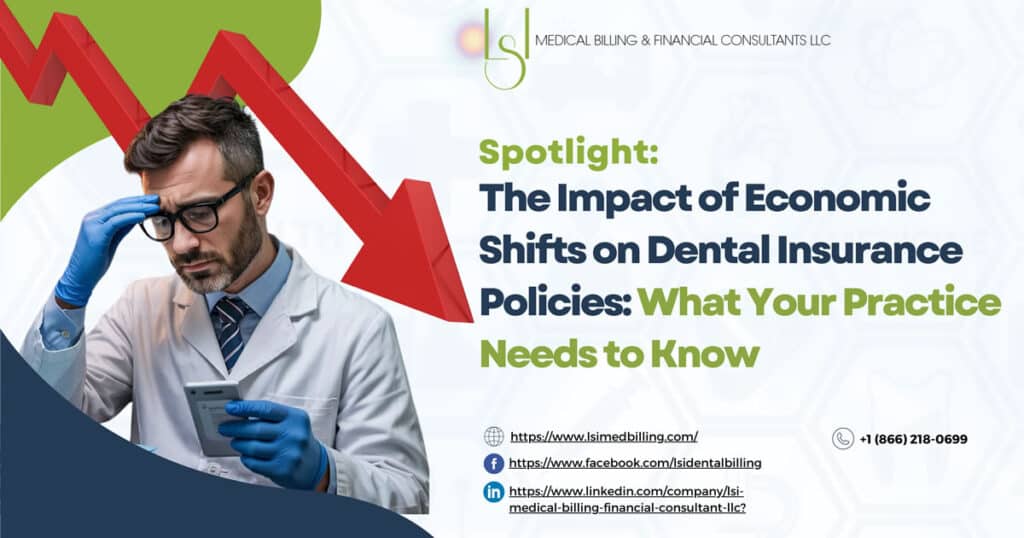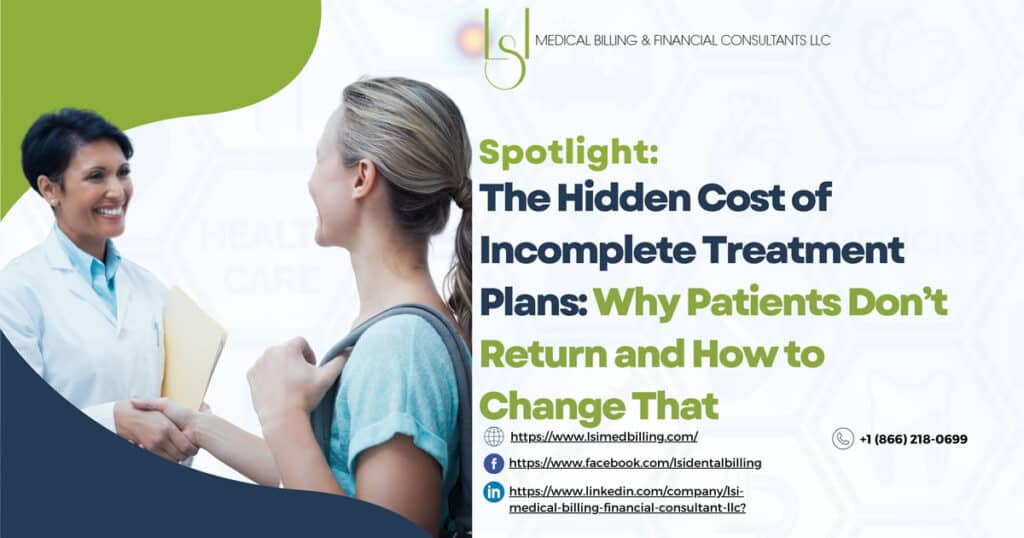Blog
The Impact of Economic Shifts on Dental Insurance Policies: What Your Practice Needs to Know
Economic ups and downs affect everyone—from families managing household budgets to businesses adjusting their operations. The dental industry is no exception. As economic conditions fluctuate, so do dental insurance policies, impacting premiums, patient coverage, and overall reimbursement rates. If your practice isn’t keeping an eye on these shifts, you could find yourself facing unexpected challenges. Let’s break it down and explore strategies to keep your practice thriving.
How Economic Fluctuations Influence Dental Insurance
1. Rising Insurance Premiums
When the economy takes a hit, insurance companies often reassess their risk models. Inflation, increased healthcare costs, and changes in employment rates all contribute to higher insurance premiums. For dental providers, this means two things: patients may have to pay more out-of-pocket, and employers may start offering scaled-down benefits (or dropping dental coverage altogether).
2. Changes in Patient Coverage
In a strong economy, employers tend to offer more comprehensive dental plans to attract and retain employees. However, during economic downturns, businesses may reduce coverage or shift more costs onto employees. This leads to more patients opting for basic preventive care while delaying major treatments due to cost concerns.
Additionally, individual insurance plans can become more restrictive, limiting covered procedures and tightening reimbursement policies. Patients with reduced benefits might decline necessary treatments, affecting both their oral health and your practice’s revenue.
3. Increased Dependence on Government Programs
When private insurance coverage declines, more patients turn to government-funded programs like Medicaid for dental care. While these programs provide essential access to care, reimbursement rates for providers tend to be lower. Dental practices relying heavily on government-funded plans may see shrinking margins, making it crucial to evaluate participation in such programs carefully.
Strategies to Adapt and Stay Ahead
1. Diversify Your Patient Base
If your practice primarily serves insured patients, consider expanding your reach. Offering flexible financing options or in-house membership plans can attract uninsured or underinsured patients who are still willing to invest in their oral health.
2. Educate Patients on Their Coverage
Insurance policies can be confusing, and many patients don’t fully understand what’s covered. By proactively helping patients navigate their benefits, you can encourage them to maximize their coverage instead of delaying treatment.
3. Streamline Your Billing and Collections
As insurance reimbursement rates fluctuate, maintaining a strong revenue cycle is more important than ever. Ensure your billing processes are efficient, follow up on unpaid claims promptly, and educate your team on optimizing insurance submissions to reduce claim denials.
4. Offer Alternative Payment Solutions
With more patients facing financial uncertainty, providing flexible payment options can make treatment more accessible. Consider offering third-party financing, extended payment plans, or in-house memberships to keep patients committed to their oral health despite economic fluctuations.
5. Stay Informed and Adapt Quickly
Economic conditions and insurance policies are constantly evolving. Staying up to date with industry trends, attending relevant webinars, and working with a knowledgeable billing team can help your practice stay ahead of changes instead of reacting to them after the fact.
Final Thoughts
Economic shifts will always play a role in dental insurance policies and patient behavior, but with the right strategies in place, your practice can remain resilient. By staying informed, educating patients, and optimizing your financial processes, you can navigate economic challenges while continuing to provide high-quality care.
If your practice needs expert guidance in managing insurance claims, maximizing reimbursements, or streamlining your billing process, we’re here to help. Reach out to us today and let’s ensure your practice thrives—no matter what the economy throws your way.



